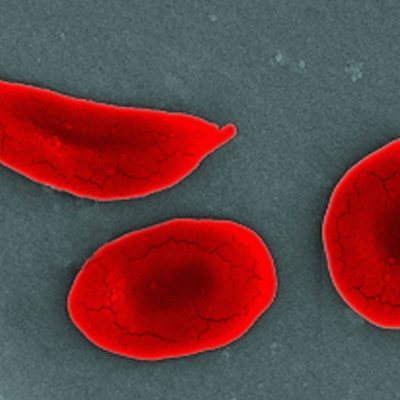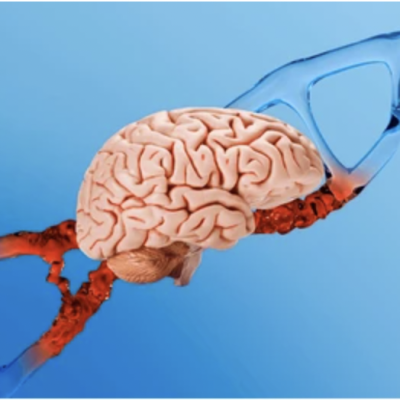A recent study conducted by the Georgia State University has shown that the gene-editing tool, Crispr/Cas9, does not always produce the desired results. The researchers aimed to reduce aggression and social communication in hamsters by using the technology to inhibit a neurochemical pathway that plays a crucial role in regulating social behavior in mammals. However, the experiment had the opposite effect, making the hamsters more aggressive instead of less. The study highlights the complexity of social behavior and the need for a better understanding of the entire brain system.
Crispr/Cas9 is a gene-editing tool that allows scientists to target specific genes and either disable them or insert new gene segments. The Georgia State University researchers used the technology to inhibit the neurochemical pathway responsible for regulating social behavior in hamsters. They believed that reducing the activity of the hormone vasopressin, which works with the receptor Avpr1a to control social behaviors such as cooperation, pair bonding, dominance, and aggression, would reduce the hamsters’ aggression and social communication. However, the experiment had the opposite effect, making the hamsters more aggressive instead of less.
The researchers were surprised by the results, which showed that the hamsters exhibited a significantly increased communication behavior without the receptor. Additionally, the typical gender differences in aggression disappeared, with both males and females showing high levels of aggression towards other individuals of the same sex. The study highlights the complexity of social behavior and the need for a better understanding of the entire brain system. The researchers suggest that the study of hamsters’ social behavior can help in understanding neuropsychiatric disorders in humans.










